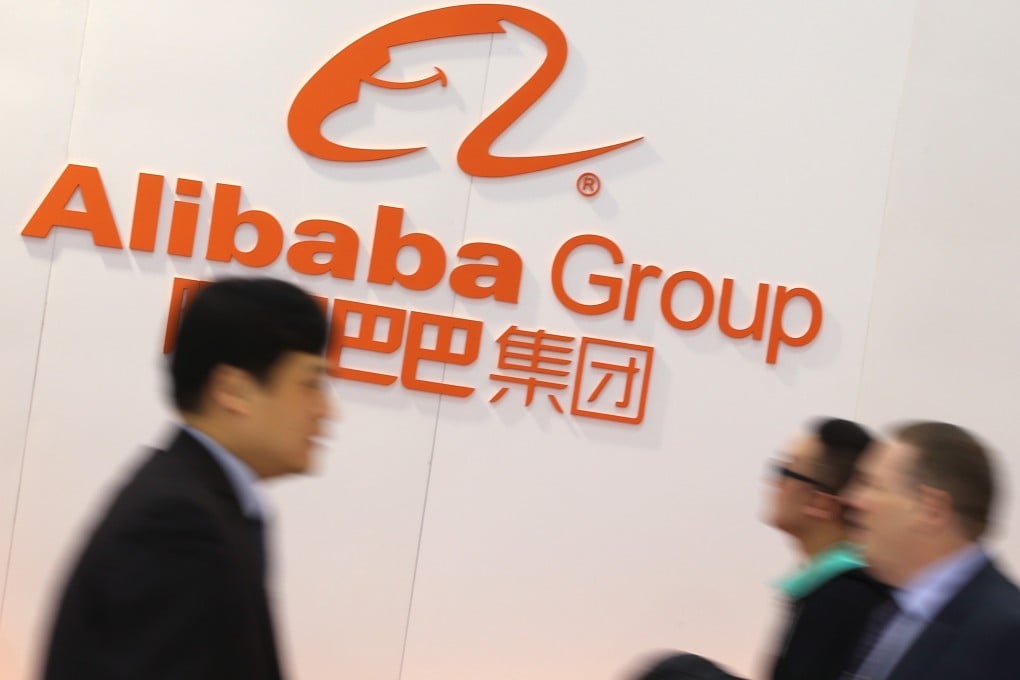Advertisement
Alibaba CEO sees group evolving as ‘asset and capital operator’ after the US$257 billion tech empire is split into 6 independent entities
- Alibaba’s Daniel Zhang said the group will initially retain control over the boards of the new companies created under its restructuring plan
- He expected stability to be ‘driven by the strong value that can be created through synergies’ between the new firms
Reading Time:3 minutes
Why you can trust SCMP
0

The historic overhaul of Alibaba Group Holding will transform the Chinese technology conglomerate into “an asset and capital operator, [rather] than a business operator”, company chairman and chief executive Daniel Zhang Yong said on Thursday.
In a 24-minute conference call with analysts, Zhang reiterated that Alibaba’s sweeping restructuring plan, which will transform the US$257 billion tech empire into six independently run entities, will make operations “more agile, enhance decision making and enable faster responses to market changes”.
He also asserted that this change is necessary for Alibaba, owner of the South China Morning Post, to move forward even though the reorganisation had triggered speculation about the fate of the group’s more than 200,000 employees.
“Stability does not rest on an administrative directive issued by the group level, rather, it relies on and is driven by the strong value that can be created through synergies,” Zhang said. He expected the new organisational structure to serve as a test on the ability of the different businesses to work together and create value for each other.

The Alibaba chief executive’s latest statements on the overhaul reflect his strong confidence in the group’s new direction, which represents its biggest transformation since Jack Ma and 17 other co-founders started the business out of his small flat in Hangzhou, capital of eastern Zhejiang province, in June 1999.
Advertisement
